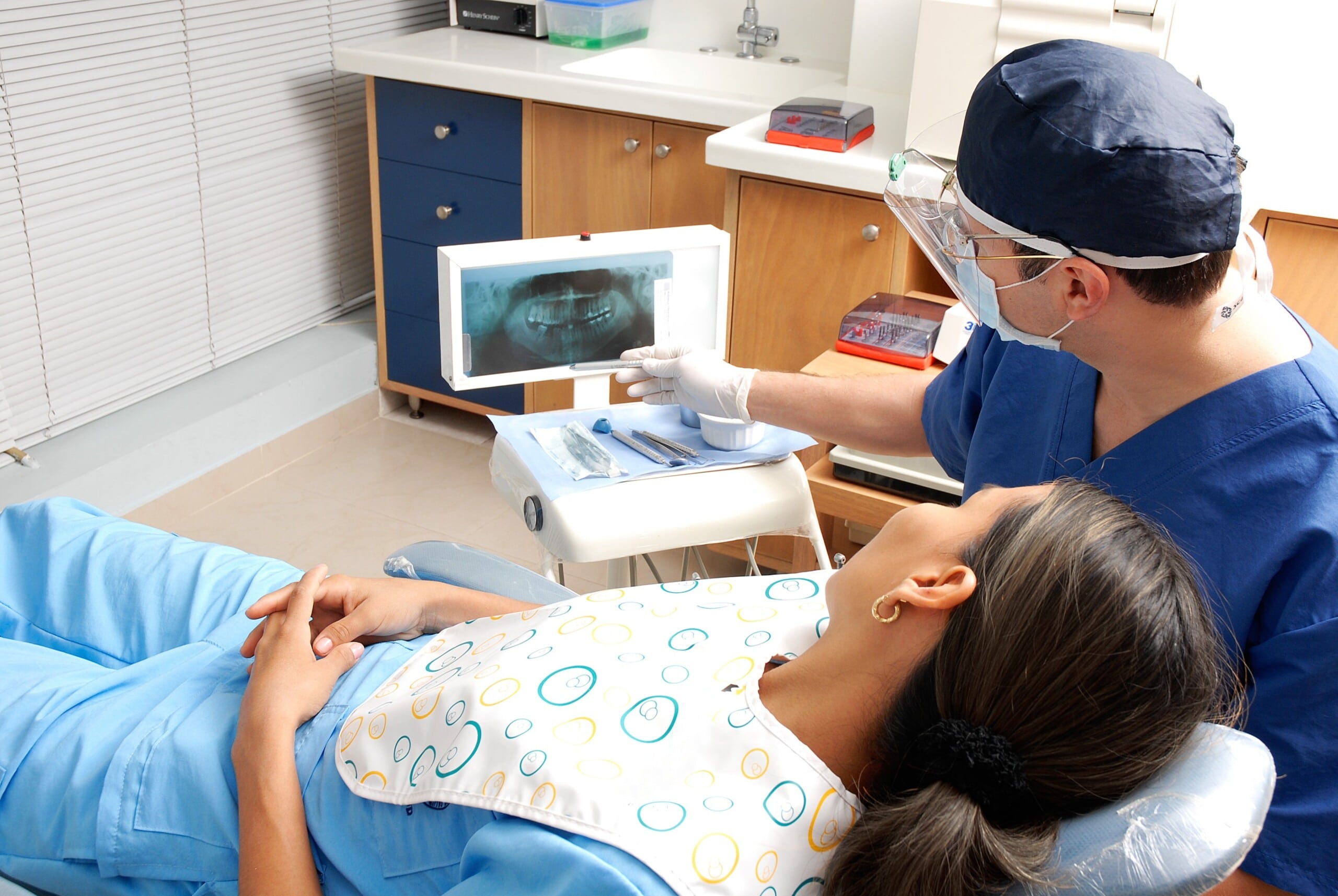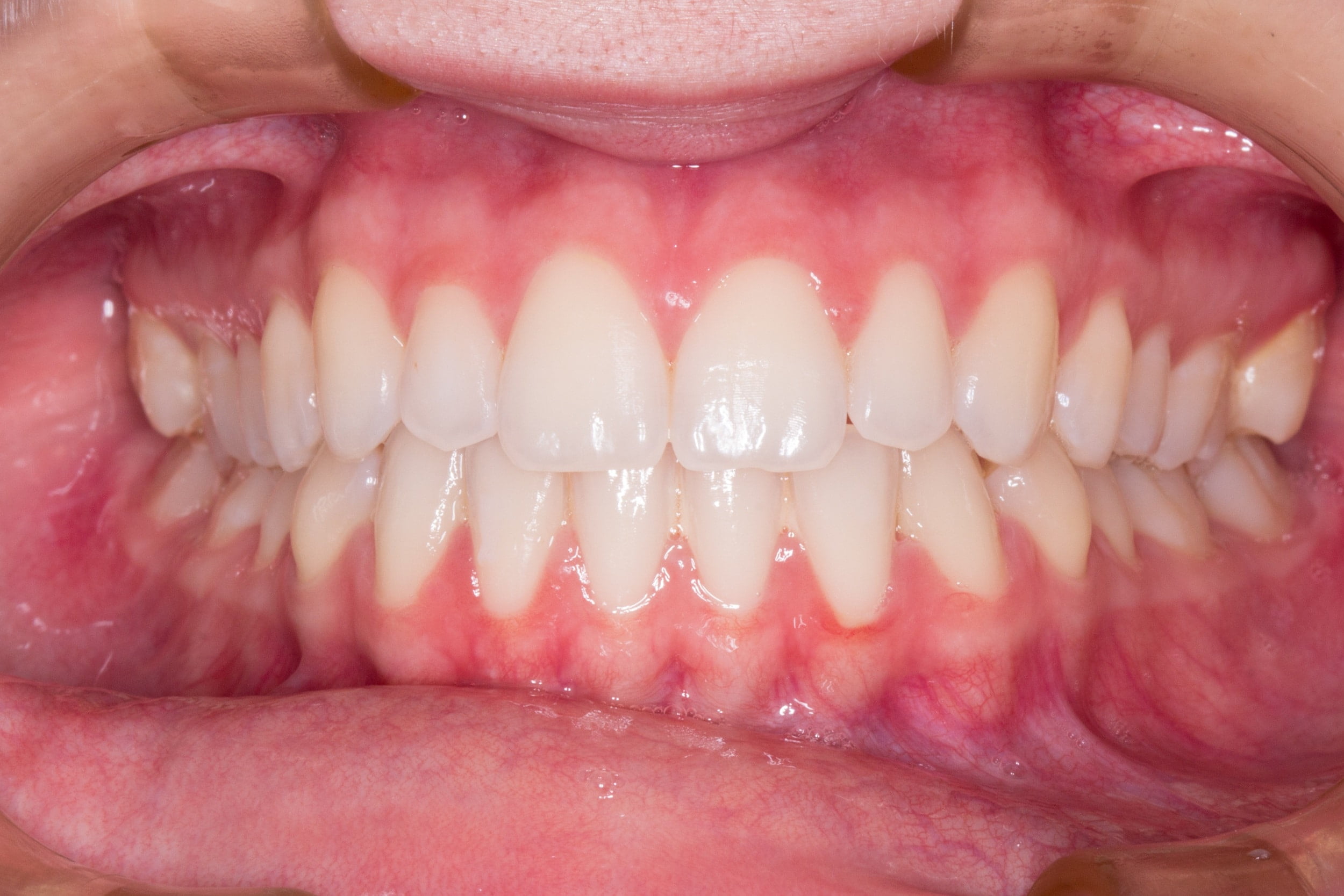Table of Contents
Deep Cleaning Teeth- All You Need To Know!
Deep cleaning teeth is different from getting your teeth cleaned regularly. You might not know this but nearly 26% of adults in America have dental decay without being treated. Getting your teeth cleaned once a year is a key to solve all such issues related to gum and teeth diseases. Unfortunately, people are quite scared of seeing a dentist.
Luckily, the process of deep cleaning teeth is not frightening and anyone can visit a doctor to get their teeth cleaned. Let’s see what deep cleaning teeth means and various queries regarding the advantages and disadvantages of deep cleaning teeth.
What deep cleaning of teeth refers to?

Deep cleaning teeth is slightly different from dental cleaning. This procedure goes below your gum line to clean spots that are hard to reach otherwise like pockets and roots at the base of the tooth. A substance called tartar might build around the roots of the tooth exterior. If it is not check-in time, it can cause serious bacterial infections within the tooth.
As such, dentists have incorporated this technique called Periodontal scaling and root planing to get rid of tartar accumulation. If tartar cannot be removed using manual scraping, then ultrasonic removal devices are used for the same. This is the main point of difference between going for deep cleaning teeth and regular cleaning procedures. The process of getting rid of tartar may be quite demanding at times.
Deep cleaning teeth procedure may sometimes last for hours and might be broken into different sessions for completion. Ultimately, it depends upon how sensitive the teeth are and how bad the build-up of tartar is. While the deep cleaning teeth process may sound a bit tedious, it is an important part of combating dangerous infections. If not treated or left untreated for long, it may change into worse conditions like root canals.
So, how will you know deep cleaning teeth process is required for your teeth or not? Let’s see how to figure this out.
When is deep cleaning teeth necessary?
Is ADA recommends scheduling a dentist appointment to get the cleaning done? There is no particular answer on how often one must visit a dentist to get the cleaning done. You can simply visit a doctor and let them decide if the cleaning is needed or not.
Clear signs of needing deep cleaning of teeth are looking for gum disease. You can do this by checking how far the gums pull away from the teeth. Pocket in the teeth that is more than 5 mm deep will need deep cleaning immediately. Other symptoms of gum diseases are:
- Bleeding gums
- swelling gums
- pus in the gums
- bruising around the gums
- bad-smelling teeth
Gum diseases occur when the bacteria get inside the pockets and roots of your teeth. A few types of gum diseases will need some additional treatments. It is recommended to get the process of deep cleaning teeth done every 6 months.
Deep Cleaning teeth Procedure

Before the process, your doctors will check the medical history and perform x-rays. This way, they have a great idea of which sections need more cleaning and where t focus more. After this first stage, the depth of gum sockets is measured using some special tools.
The same procedure is used by the dentist to determine if a person has periodontitis or gingivitis. After completing this, the dentists start the scaling process. As already mentioned, this is a scraping procedure that removes all the accumulated tartar from the teeth. If required, the ultrasonic tool might also be sued. After completing this, your teeth will be polished by applying gritty toothpaste.
Then, an air polisher is used for smoothing the teeth. The dentist also goes through flossing finally. A fluoride treatment may also be incorporated that helps remineralize the enamel layer of the teeth after deep cleaning teeth.
Let’s see what are the advantages and disadvantages of deep cleaning teeth for a better understanding of the procedure.
Advantages of deep cleaning teeth

You might require a deep cleaning teeth treatment for your gum diseases. If not treated on time, the gum disease worsens, and the gap continues to widen, the bones that support the teeth will weaken causing tooth loss.
If you visit a dentist and they recommend a deep cleaning, you can always discuss with them bout the pros and cons of a deep cleaning teeth procedure. Some benefits include:
- Eliminating bad breath induced by gum disease
- defending the roots of your teeth
- checking and stopping the progression of gum disease.
- attending a current infection and support healing
- polishing your teeth above and below your gum line
Disadvantages of deep cleaning teeth
Although the process of deep cleaning teeth is used for treating gum diseases, it still has some risks associated with it. Some disadvantages or cons of deep cleaning teeth include:
- may lead to nerve damage
- does not pledge the reattachment of the gums to your teeth
- probable infection if one has a weak immune system
- pain and sensitivity
- may make your gums shrink
Pain and sensitivity are among the most common side effects of this procedure. The risk from deep cleaning teeth is mostly minimal and lasts for about 5 to 7 days, though in extensive cases, it may take a few weeks to heal.
Deep cleaning teeth involves root planing and gum scaling. Deep cleanings normally take place over 2-3 or more appointments and involve gum scaling. Each visit might need 1 to 2 hours.
The tooth scaling visit is when your doctor eliminates tartar or plaque from under the gumline. Through the root planning visit, your doctor removes tartar that accumulates on the roots of the teeth. This aids in reducing the size of the area between the teeth and gums, correcting your gum’s and help them reattach to the teeth.
How to reduce sensitivity after deep cleaning teeth procedure
You can eat soft food items like mashed potatoes, applesauce, and yogurt for a few days after the procedure to help reduce tooth sensitivity. Try to avoid extremely cold and hot drinks and food.
You can take over-the-counter medications for pain like ibuprofen or acetaminophen to reduce inflammation. Rinsing with warm water also helps in reducing pain.
Flossing and brushing teeth regularly may promote healing and reduces inflammation further. Try to use a soft bristle toothbrush and brush at least 2 times a day. Flossing once is recommended.
Does the deep cleaning procedure hurt?
Utmost of the time, any pain and discomfort linked with the method is tolerable. However, people with unusually deep pockets might be in a lot higher pain and discomfort than others.
Furthermore, people having sensitive teeth may be uncommonly uncomfortable. As such, a doctor will apply a local anesthetic as it’s required. This will simply numb the region throughout your gum so that process can be performed.
Periodontal scaling and root planing

You have heard about these two terms very frequently when it comes to deep cleaning teeth procedures, but what do they mean?
Gum scaling or periodontal scaling is the first appointment when the tartar is removed. This involves going all the way to the pockets of space between gums and teeth for cleaning.
root planing is the second portion of the deep cleaning teeth procedure and involves cleaning and smoothening of the roots. This lets your gums reattach to the teeth, thus reducing the size of the tooth spaces or pockets and helps your mouth return to a normal and healthy state.
Root planning might require more than one or two visits for completing the process depending upon the extent of the damage. During both root planing and gum scaling processes, a local anesthetic might be used and the dentist might offer a mild sedative.
Cost of deep cleaning teeth
The price range of deep cleaning the teeth varies based on the seriousness of gum disease or infection. You are most likely to have 2 appointments with the dentist although some people may require even 4 visits for the complete procedure to remove tartar.
During all the procedures, your mouth will be divided into quadrants and each quadrant may require you to spend 100 dollars or more. This is based on the place you reside in and the clinics. If you have dental insurance, most of the deep cleaning teeth processes can be covered up.
What to expect after deep cleaning
Typically, once the cleaning is over, you will sense a slight soreness in the gums. As such try to avoid sticky, acidic, hot, and crunchy food items. You may notice bleeding once you start brushing, if bleeding colors, try to avoid the area which was highly affected by tartar.
Talk to your doctor about bleeding gums after the treatment.
The Bottom Line
A deep cleaning teeth procedure aids in getting rid of bad breath and improves the healing of gum infection. Deep cleanings might have some risks, so it is crucial to recognize possible complexities or side effects in the process.
Although it is a simple, harmless procedure, you can foresee some sensitivity and inflammation afterward. If inflammation, bleeding, or discomfort continues for more than a week or so following the procedure, see your dentist and mention all the details about the ongoing condition.


[…] here to check out the deep cleaning teeth […]